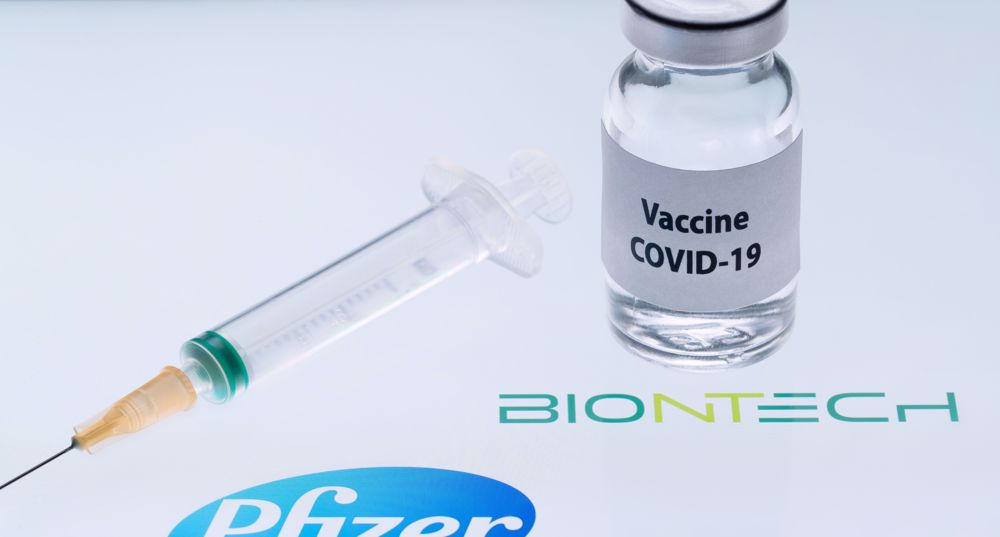Pfizer vaccine ‘too risky’ for very old people, Norway warns
Norway has expressed increasing concern about the safety of the Pfizer vaccine on elderly people with serious underlying health conditions after raising their estimate of the number who died after receiving inoculations to 29.
Until Friday, the vaccine produced by Pfizer and BioNTech SE was the only one available in Norway, and “all deaths are thus linked to this vaccine,” the Norwegian Medicines Agency said in a written response to Bloomberg on Saturday.
“There are 13 deaths that have been assessed, and we are aware of another 16 deaths that are currently being assessed,” the agency said.
The latest figure adds six to the number of known fatalities in Norway, and lowers the age group thought to be affected to 75 from 80.
While it’s unclear exactly when the deaths occurred, Norway has given at least one dose to about 42,000 people and focused on those considered most at risk if they contract the virus, including the elderly.
US authorities have reported 21 cases of severe allergic reactions from Dec. 14-23 after administration of about 1.9 million initial doses of the Pfizer vaccine. The first Europe-wide safety report on the Pfizer-BioNTech vaccine is due to be published at the end of January.
Norway’s experience is an early indication of what to watch as countries begin to issue safety monitoring reports on the vaccines.
Emer Cooke, the new head of the European Medicines Agency, has said tracking the safety of COVID-19 vaccines, especially those relying on novel technologies such as messenger RNA, would be one of the biggest challenges once shots are rolled out widely.
Though the two COVID-19 vaccines approved so far in Europe were tested in tens of thousands of people -- including volunteers in their late 80s and 90s -- the average trial participant was in his or her early 50s. The first people to be immunized in many places have been older than that as countries rush to inoculate nursing-home residents at high risk from the virus.
The findings have prompted Norway to suggest that COVID-19 vaccines may be too risky for the very old and terminally ill, the most cautious statement yet from a European health authority.
The Norwegian Institute of Public Health judges that “for those with the most severe frailty, even relatively mild vaccine side effects can have serious consequences. For those who have a very short remaining life span anyway, the benefit of the vaccine may be marginal or irrelevant.”
Last week, a British nurse caught COVID-19 three weeks after getting the vaccine, prompting experts to issue warnings that it would take time for immunity to build up.
The nurse, who has been working for the Hywel Dda University Health Board area in west Wales, said that she got the virus while waiting for the second dose of the Pfizer-BioNtech jab, which was first rolled out in the UK last month.
She said she was “angry and heartbroken” about catching the fatal disease at this stage.
"It gave me peace of mind. It made me feel safer and that I was doing the right thing for my family... but it gives a false sense of security," she said.
‘All wars have rules. All of those rules have been broken’ by Israel
VIDEO | Report flags India’s violation of rights of Rohingya detainees
Turkey's foreign minister meets Syria's de facto leader in Damascus
'Next to impossible' to rescue patients from Gaza's Kamal Adwan Hospital: Director
VIDEO | Vietnam current prosperity
Report blames gasoil exports for shortage at Iranian power plants
VIDEO | Hind Rajab Foundation names Israeli war criminals vacationing after Gaza genocide
VIDEO | Australians rally for Gaza ahead of Christmas festivities















 This makes it easy to access the Press TV website
This makes it easy to access the Press TV website